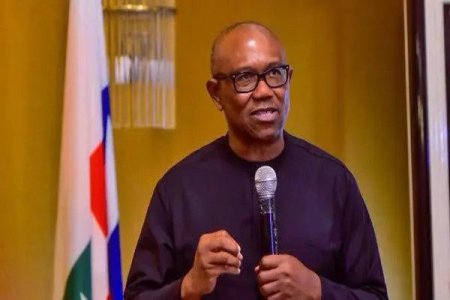
South Africa's ANC loses its parliamentary majority for the first time, as announced by the Independent Electoral Commission. The party must now form a coalition to govern, reflecting growing voter dissatisfaction.
South Africa’s ruling African National Congress (ANC) has lost its parliamentary majority, according to results announced by the Independent Electoral Commission (IEC) on Sunday evening. This significant development marks the first time the ANC has failed to secure the majority of seats needed to independently form a government since the end of apartheid.
The ANC's electoral performance means the party will now need to form a coalition to govern, signaling a notable shift in South African politics.
This change reflects growing discontent among voters with the ANC's leadership and policies, which have been criticized for failing to address key issues such as corruption, economic instability, and social inequality.
Political analysts suggest that the ANC's loss of its parliamentary majority could lead to a period of political uncertainty and potential realignment in South Africa's political landscape.
The need to form a coalition could compel the ANC to negotiate and collaborate with smaller parties, potentially altering its policy agenda and approach to governance.
The IEC's announcement has sparked discussions among political commentators and the public about the future direction of South African politics. Many are speculating on which parties the ANC might partner with to form a coalition and what compromises and changes might arise from such an arrangement.
This electoral result is seen as a wake-up call for the ANC, highlighting the urgent need for the party to address internal divisions and restore public trust.





